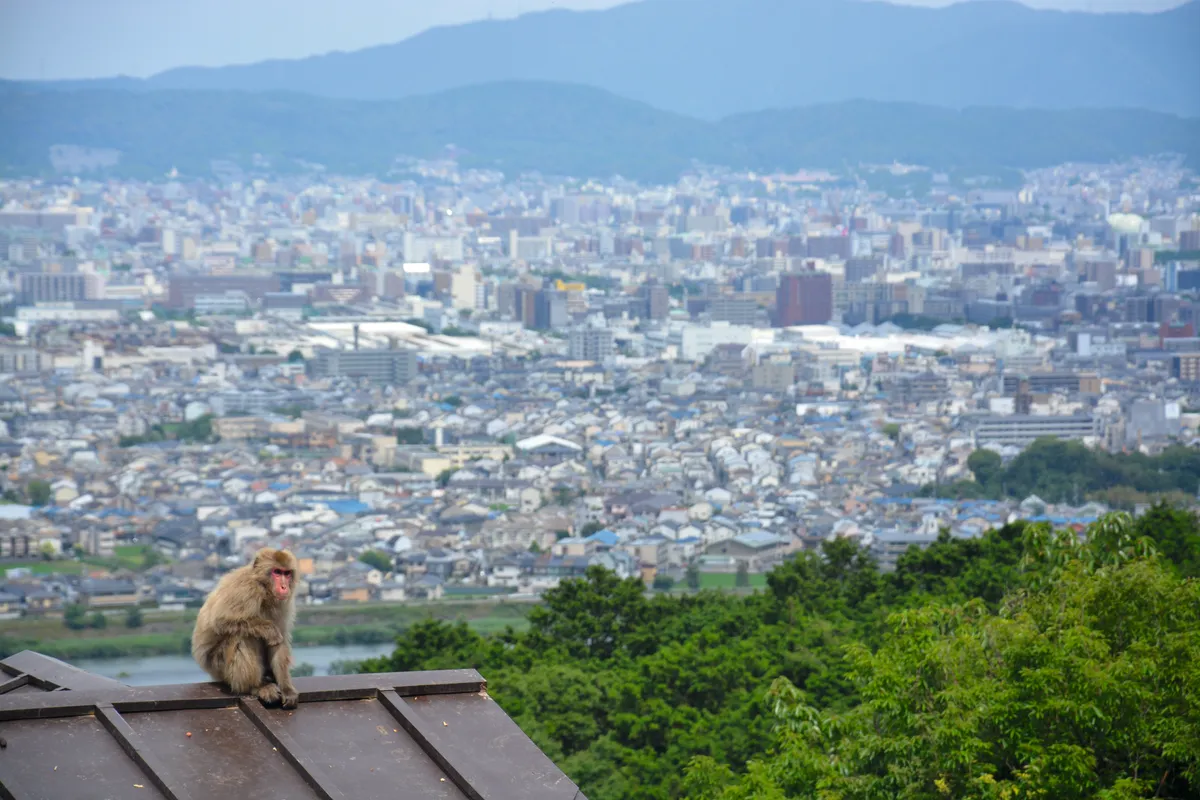In July 2022, the authorities in the city of Yamaguchi, western Japan, killed a macaque they believe was responsible for a spate of attacks on humans.
No fewer than 56 people had been attacked by marauding gangs of macaques in the previous month. Most of the injuries were mild scratches and bites, but officials decided to take action when a troop of the stocky primates pounced on a 4-year-old girl in her kindergarten.

It’s an interesting conundrum. Japanese macaques, or snow monkeys – famous for lounging around in hot thermal springs – were once in danger of extinction. Conservation efforts began with a vengeance after the Second World War and, some say, were a tad too successful. The population is now thriving and there are more and more human-macaque conflicts.
We are hopeless when it comes to potentially dangerous animals.
Although the story made headlines around the world, it’s not really news – about 25,000 macaques are killed by municipal authorities every year (hunting them is still illegal). And human-monkey conflicts are commonplace in many parts of Asia, a region with billions of people and a plethora of native macaque species.
We don’t have the same problem in the UK, of course, but in spite of that we are utterly hopeless when it comes to potentially dangerous animals.
A few years ago, there was a hoo-ha in Bristol when a family of urban foxes set up home in the grounds of a local hospital. When they were spotted “getting too close” to the open windows of the maternity unit, NHS bosses instructed a pest control company to kill them. What on earth did they think was going to happen? Thankfully, thousands of patients (many of whom had enjoyed watching the family from their hospital beds), staff and local residents strongly disagreed and, after a battle, the foxes were given a well-deserved reprieve.

I’ll never forget laughing out loud when, a few years earlier, a massive police operation was launched after a member of the public spotted an “escaped white tiger” hiding in the wilds of Hampshire. Officers rushed to the scene, complete with a helicopter and thermal imaging cameras, and contingency plans were put in place to close the M27. All they found was a cuddly toy.
I realise that allowing a real tiger to wander the fields and hedgerows of southern England would have been out of the question (sadly), but there’s no denying that we’re paranoid about dangerous animals. We’ve already rid the country of all its large predators and the mere mention of bringing any back is inevitably met with howls of protest.
Our Health and Safety Executive would have banned lions many years ago
Yet we blithely expect people in Africa and Asia to live alongside lions, tigers, Komodo dragons and a host of other potentially dangerous animals, without question. Often, that is exactly what they do.
I was in Uganda when a man cycling along the border of Queen Elizabeth National Park, on a public road, was attacked and killed by a lion. By the time I arrived, the lion had been chased into the bushes by passersby – people who walk and cycle through lion country every day on their way to work. My guess is that our wrap-everyone-up-in-cotton-wool Health and Safety Executive would have banned lions many years ago, but Uganda continues to protect them.
The point is that we need to be sympathetic in our approach to the conservation of potentially dangerous animals. Born Free, for instance, is investing time and money in helping villagers to build lion-proof bomas to protect their livestock. If there is no conflict, there are no retribution killings and everyone is happy. It’s on-the-ground conservation at its best.
Main image: Lions in Queen Elizabeth National Park, Uganda. © Westend61/Getty
